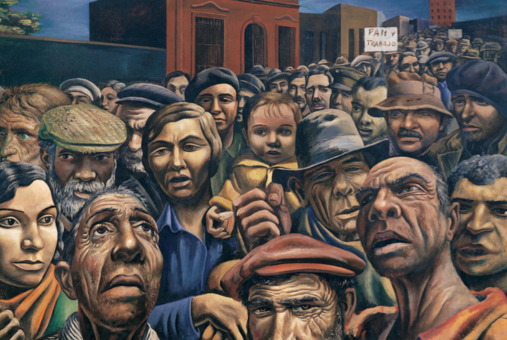
In a new book, Argentine professor and journalist Fernando Ruiz maps the life cycle of citizen rights. He argues in an interview with LJR that journalism can strengthen or erode them at every step.

Preliminary data from a global survey with climate journalists reveals 60% show symptoms of psychological stress. Meanwhile, journalists said newsrooms do not offer adequate support.

Across the region, audiences are turning to social platforms and influencers for news, while artificial intelligence may be disrupting how people access information.
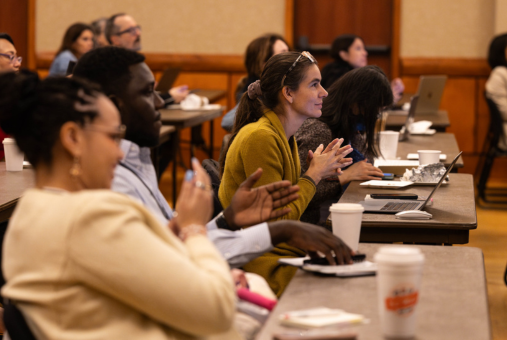
The late Max McCombs, a professor at the University of Texas at Austin. pioneered the internationally-recognized theory on the agenda-setting role of media.
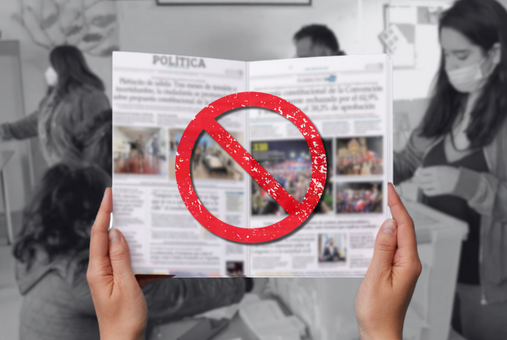
A study conducted as Chileans voted on a new constitution in 2022 found that false information – magnified by newspapers and TV programs – influenced the outcome of the referendum.

Restrictive laws inspired by Russia and Hungary threaten independent journalism in Latin America, while the industry faces challenges from the economic crisis, influencers and advances in artificial intelligence.

Brazilian journalist Vanessa de Macedo Higgins Joyce focused on Argentina, Brazil and Colombia and found ways in which digital news media can build consensus in polarized societies.
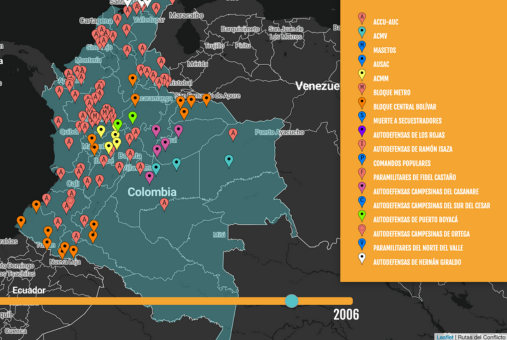
After interviewing 14 media directors and editors from the region and doing content analysis of 210 reporting specials, they found that data units are also implementing disruptive practices to collect information.

Researchers say Google’s Innovation Challenge fosters dependence of news organizations on tech companies. Organizations told LJR that participating in the program led to other types of financing.
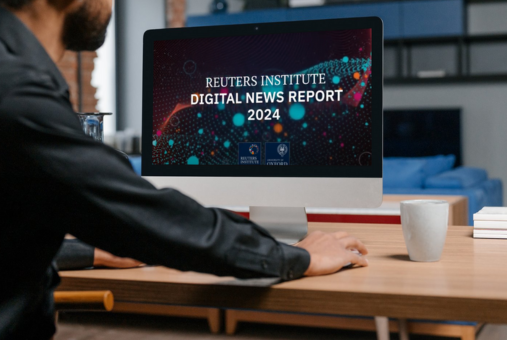
LJR summarizes findings from the Reuters Institute's annual digital news report. These include: readjustments in the way audiences consume news, concerns about misinformation, caution in the use of AI in news, news avoidance at record levels and stagnant subscriptions.

A new UNESCO report confirms what many journalists and researchers have thought: quality journalism is good for democracy, civic engagement and government accountability. Further, public investment in it improves trust from citizens, and promotes human rights and sustainable development.

Journalism scholars discussed building a sustainable future for news and re-imagining connections with audiences during a research breakfast at the 25th International Symposium on Online Journalism (ISOJ) on April 13. Summarizing their research to an early Saturday morning crowd, presenters included Amy Ross Arguedas and Richard Fletcher of the Reuters Institute at the University of Oxford, Sue Robinson of […]